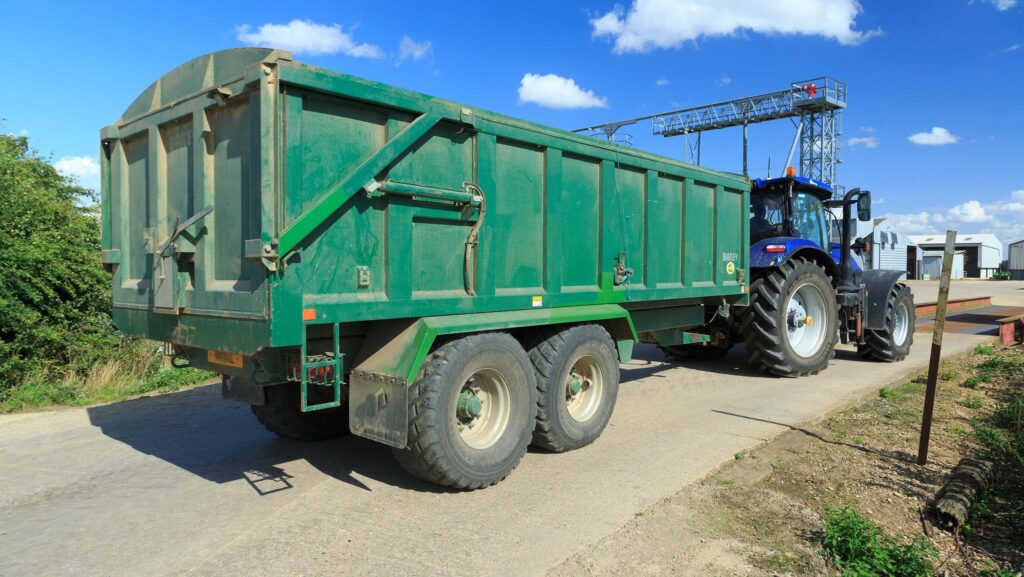Industry urged to address safety around trailer couplings
 © Tim Scrivener
© Tim Scrivener Farming and engineering organisations are being urged to improve the advice and safety around linkages and couplings, following an incident in which a car driver was killed when a trailer carrying soil became detached from the tractor towing it.
In the incident, which happened in July 2020, 47-year-old Jon-Paul Prigent was giving his daughter a driving lesson when the separated trailer rolled down a hill, overturned onto his car and crushed him.
See also: Health and safety policy – what farmers need to include
Following a recent inquest, Peter Nieto, senior coroner for Derby and Derbyshire, issued a Prevention of Future Deaths report to various bodies, raising concerns arising from evidence he heard.
The recipients of the report include the Secretary of State for Transport, the Driving Standards Agency, the NFU, the Agricultural Engineers Association, the British Agricultural and Garden Machinery Association, and the Health and Safety Executive.
The inquest heard that the decoupling occurred due to a combination of factors, including the fact that the coupling components had worn, the trailer was carrying 13.8t when it was manufactured to carry only 10t, and the load was unevenly distributed.
Also, had the coupling been properly checked, the weakness would probably have been spotted.
“Independent professional vehicle testing is not legally required for tractors and trailers used for agricultural purposes,” the coroner said.
“This places responsibility for checking roadworthiness on the user, which is clearly dependent on the diligence and competence of the user.”
Mr Nieto also expressed concern that tractors and trailers driven on roads at less than 25mph are not required to be fitted with safety features to prevent decoupling, and that basic hitch hooks and ring coupling systems, while simple and convenient for farm use, are a clear risk on public roads.
“At inquest, I heard expert evidence on the above points, and that other nations, particularly in the EU, have introduced comparatively robust legislation regarding testing and safety measures/fittings,” he said.
The organisations contacted have until 21 January to respond, either explaining what steps are being taken to address his concerns, or spelling out why it is felt that no action is necessary.
